All lawsuits surrounding dances found in Epic Games’ Fortnite were temporarily dropped. The United States Supreme Court dismissed the suits, citing a previous ruling (Fourth Estate Pub. Benefit Corp v. Wall-Street.com, LLC). The ruling dictates that one cannot sue for copyright infringement if they haven’t registered a copyright in the first place. Somewhat surprisingly, this applies to every plaintiff in the suit. None of them had actual claims to their dance moves, causing many to wonder what this was all about in the first place.
Of course, that wasn’t entirely for lack of trying. Alfonso Ribeiro of Fresh Prince fame already swung for his copyright filing. On the grounds of being a “simple dance routine,” Ribeiro’s claim was denied. Even if his dance had been more complex, however, this clip of him describing the dance’s origins wouldn’t help his case.

Legal firm Pierce Bainbridge Beck Price & Hecht is currently representing all suits in this case against Fortnite, including Ribeiro, rapper 2 Milly, Backpack Kid, and Orange Shirt Kid. If the other members of the suit also fail to claim their copyrights, we’ll likely see an end to the case. The firm intends to continue its pursuit once decisions have been made regarding the other claims.
Does this even matter?
Prior to the digital age, we didn’t see as much need for ownership over cultural creations. Typically considered a tribute or a nod, it wasn’t unusual for an artist to perform someone else’s dance move. Parody of others was welcome and popular culture was able to develop naturally. With the internet age having laid its roots, however, digital recreations are serious business. When massive corporations are making big money by copying popular culture, questions quickly rise.
This Fortnite lawsuit could give us a glimpse into the future of digital copyright. While it may seem silly on the surface, there’s a ton at stake. US law is based on precedent, meaning that every decision a court makes will have rippling implications indefinitely. It’s no secret that Epic Games is pulling major profits from its in-game store, and popular culture is currently a big part of that success.
[Source]


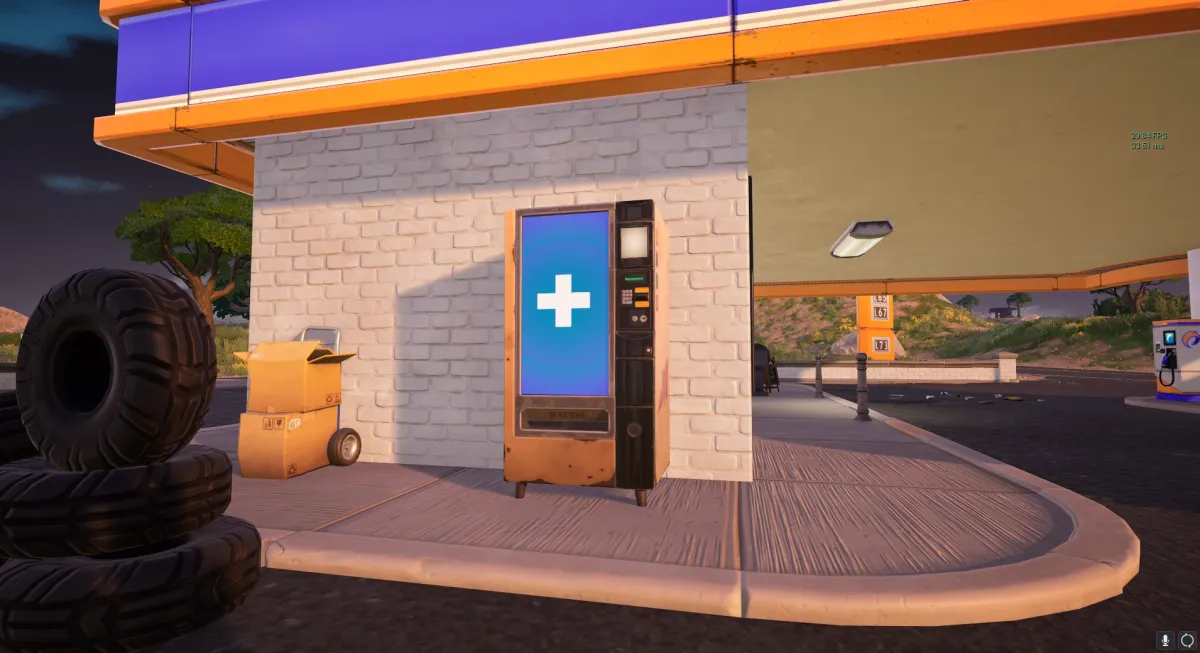
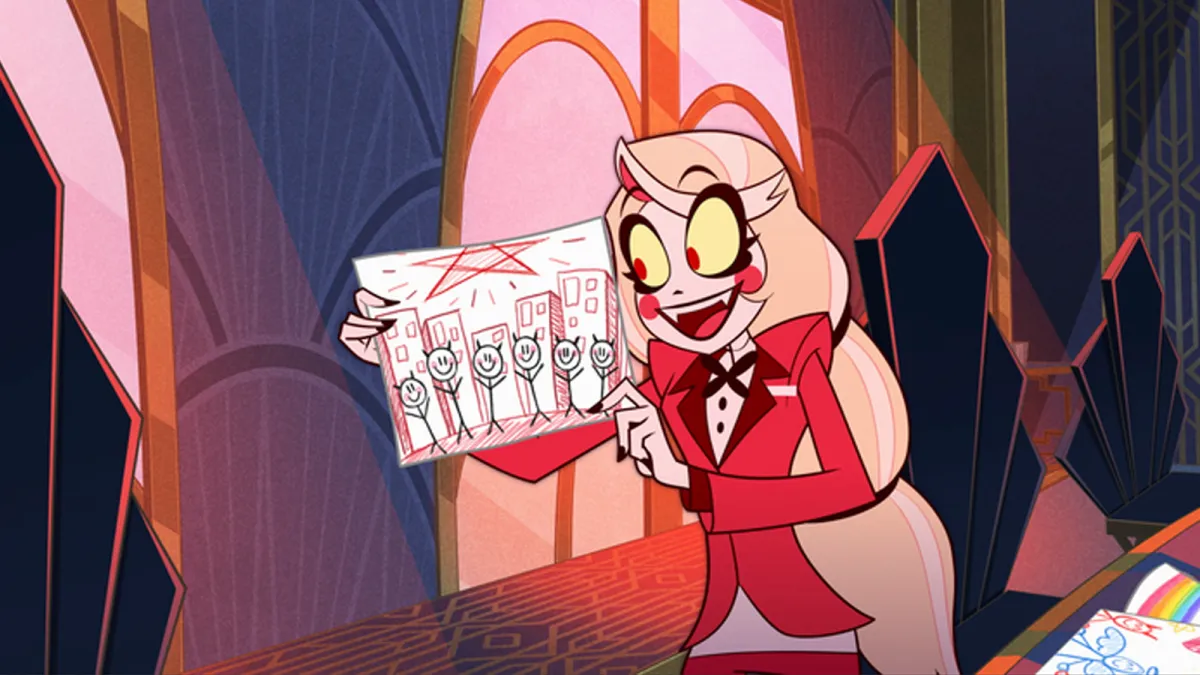
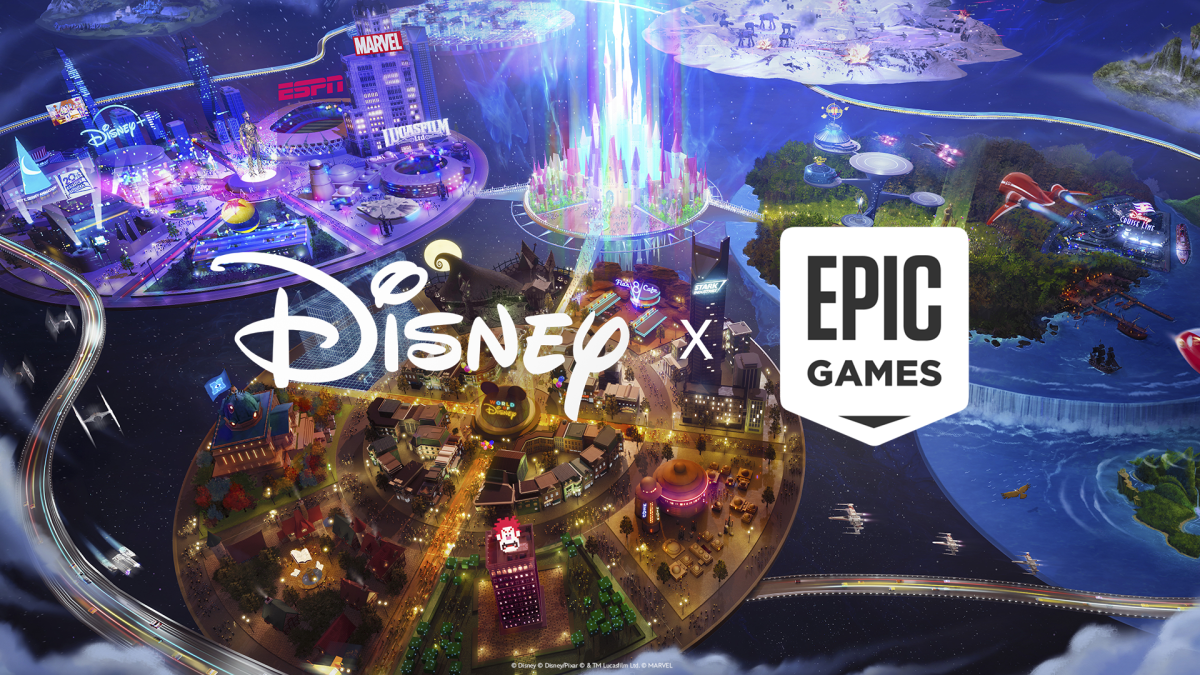
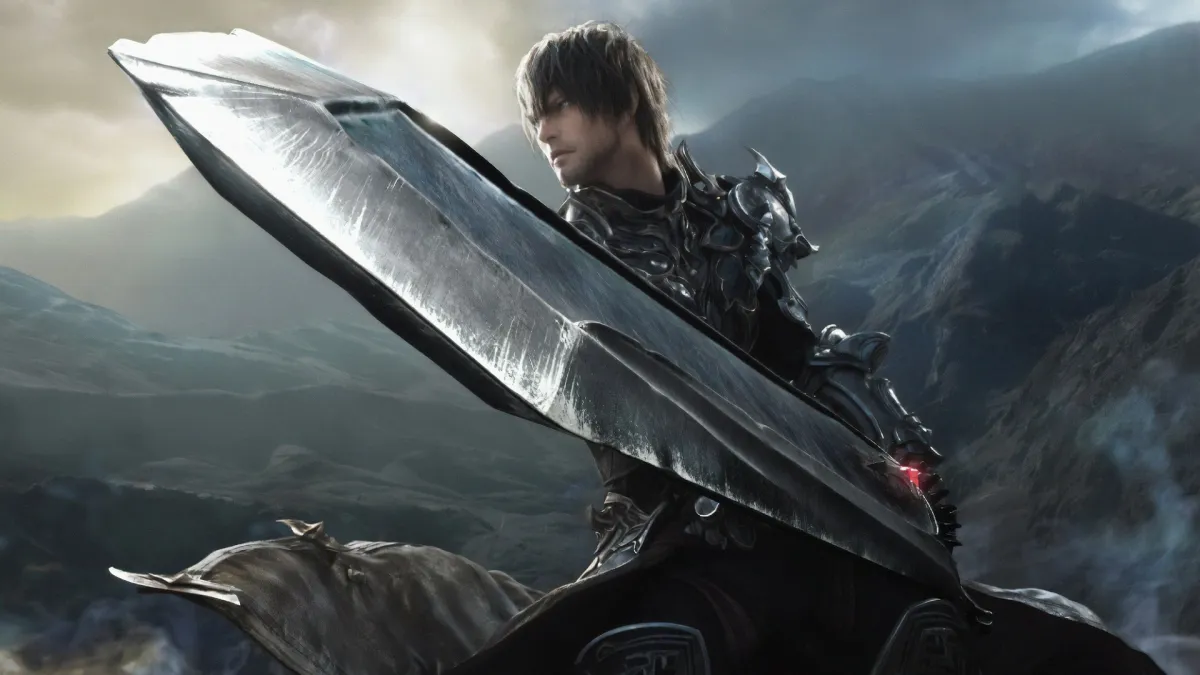
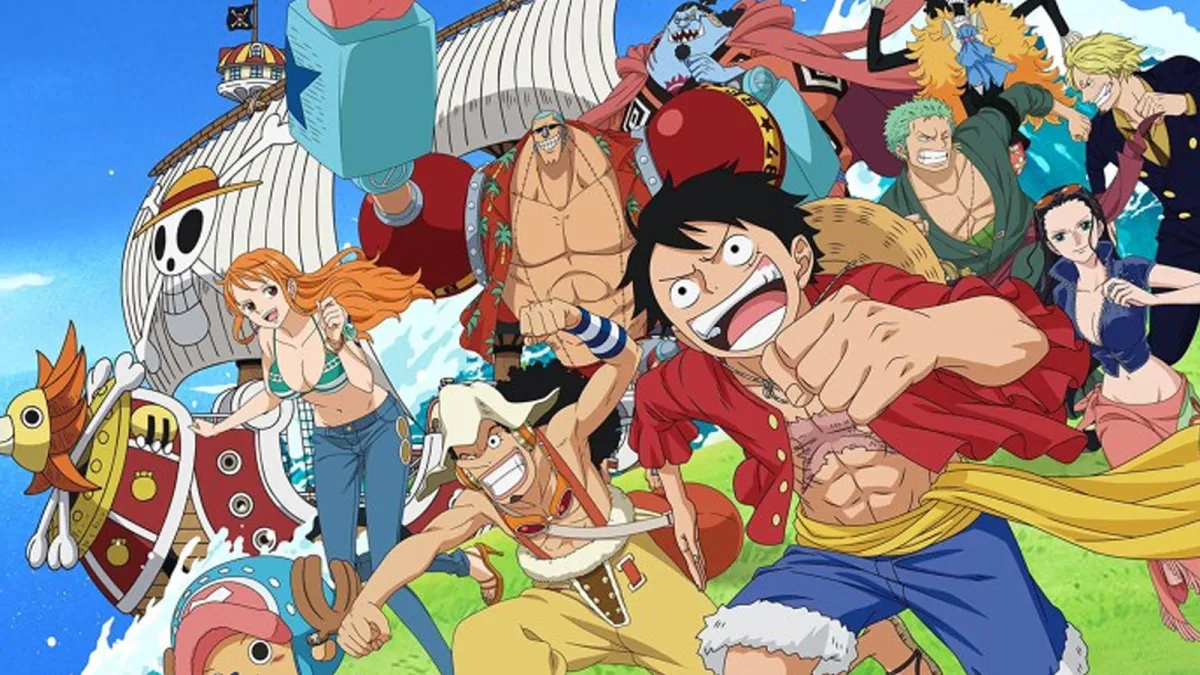






Published: Mar 11, 2019 04:43 pm